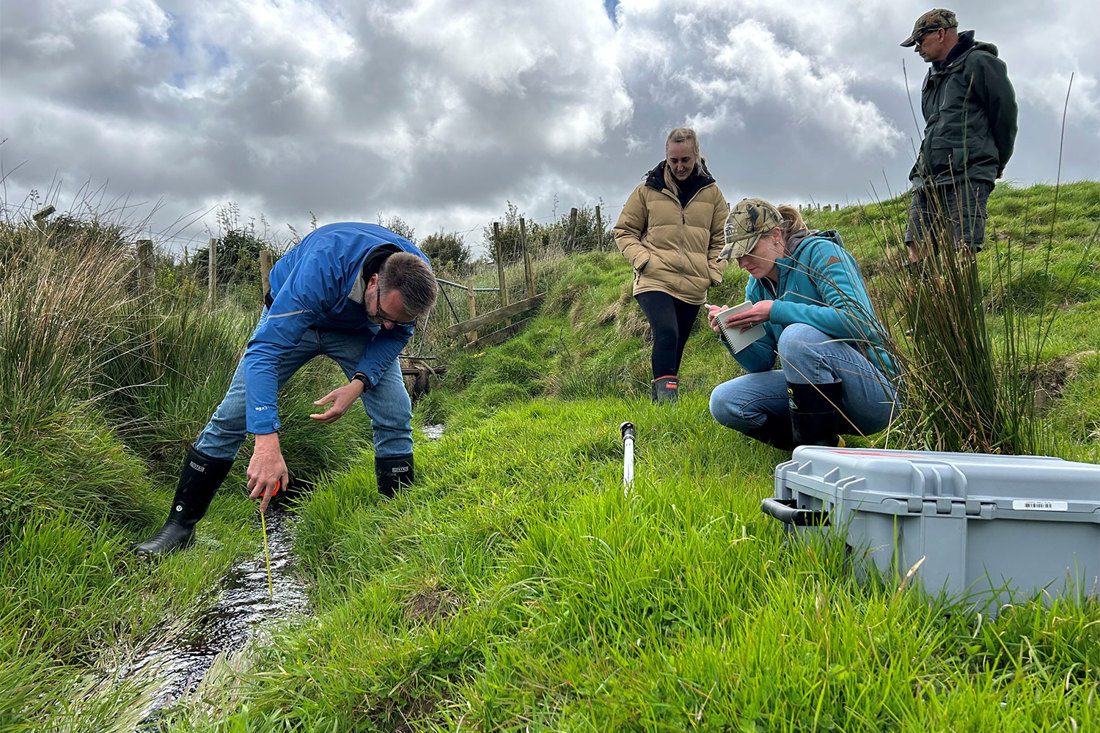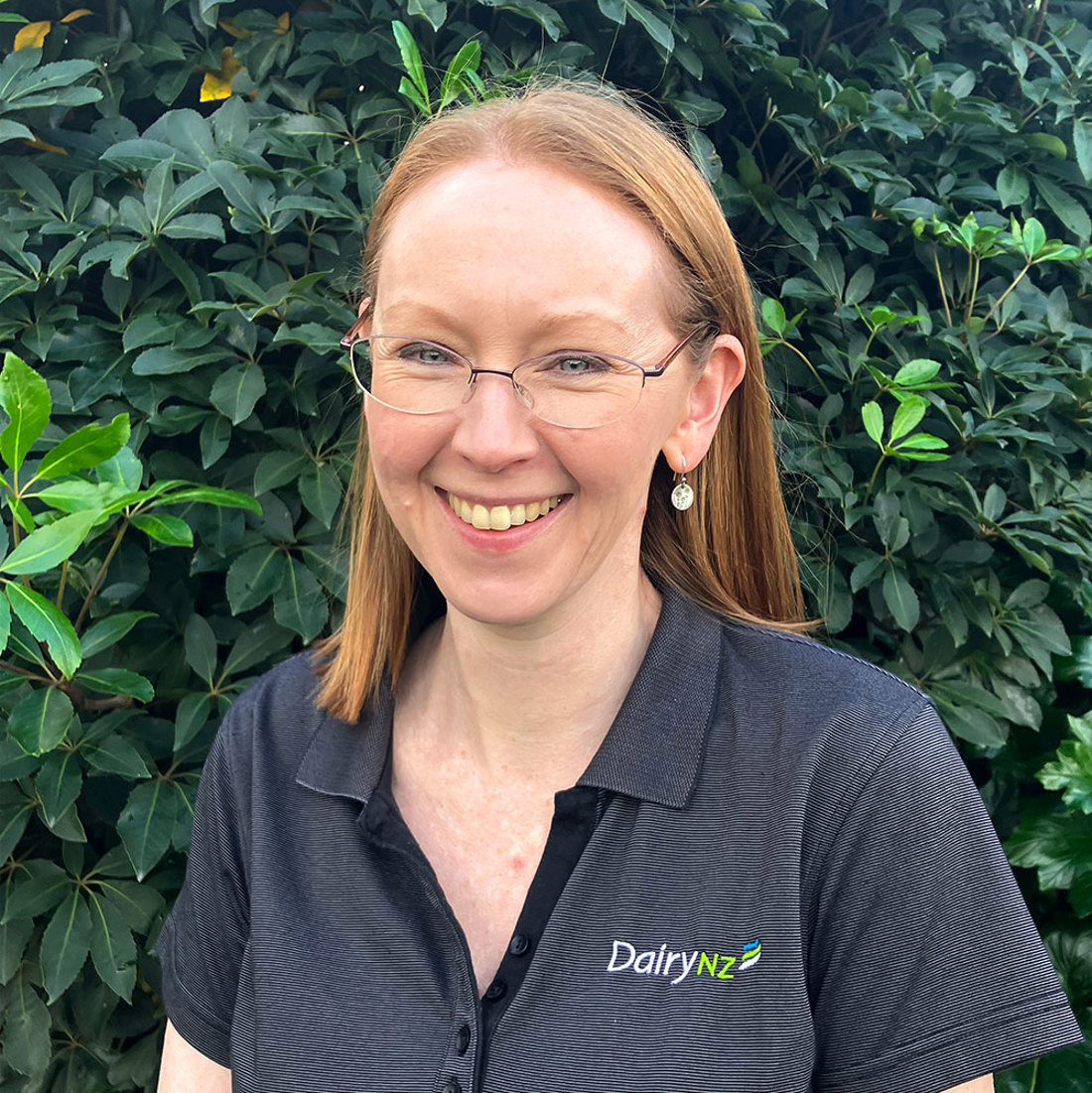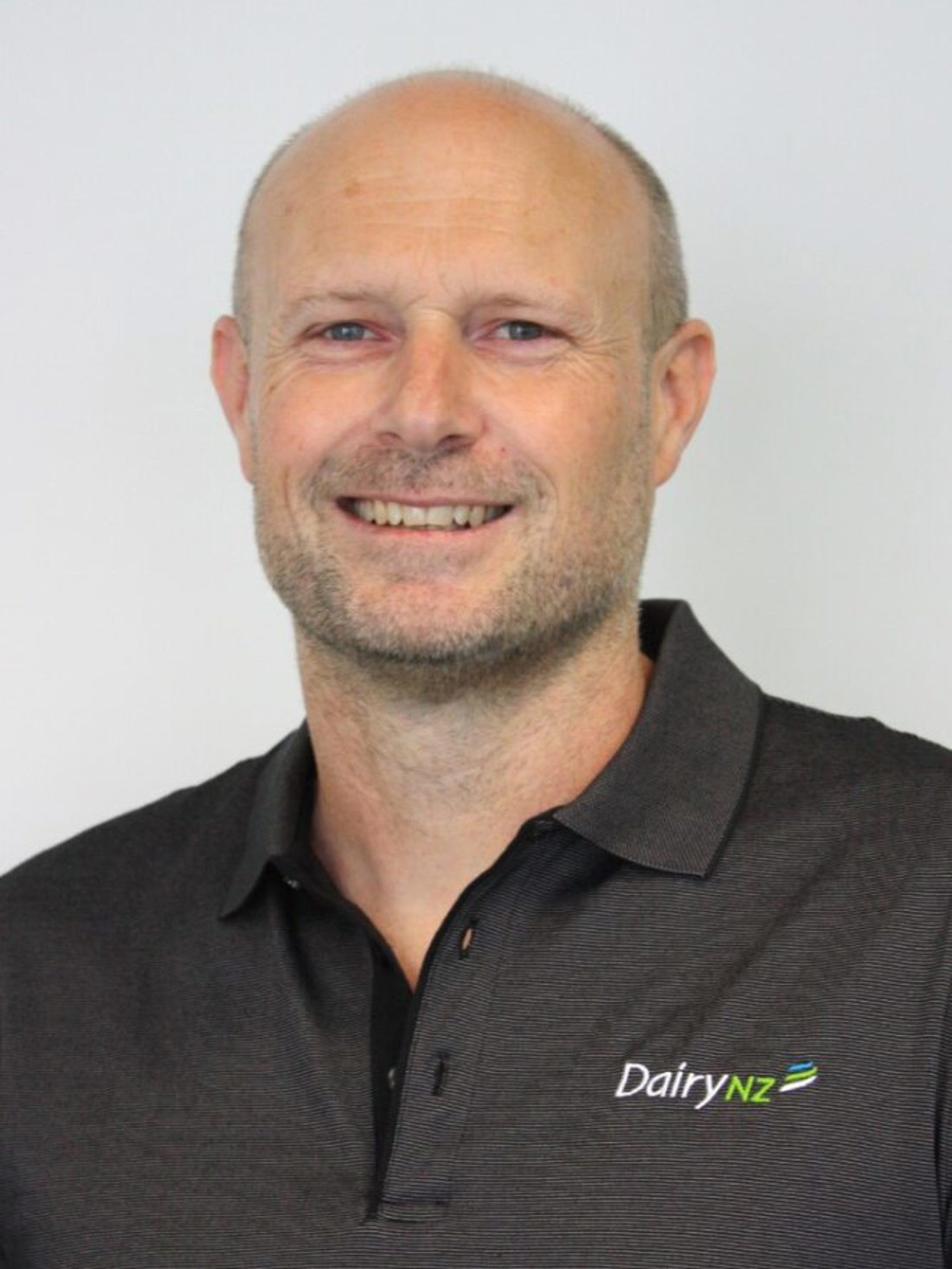Understanding E. coli
2 min read
There is currently research underway on understanding, managing and reducing E. coli levels to improve water quality. E. coli is an important water quality challenge facing farmers, with many waterways having E. coli levels that exceed national water quality targets. A new multi-year programme of work, led by AgResearch and jointly delivered by DairyNZ, is working with farmers to understand and reduce E. coli losses into waterways.
E. coli is an important water quality challenge facing farmers, with many waterways having E. coli levels which exceed national water quality targets, the research aims to:
The first phase of work will focus on developing a water and stream sediment sampling strategy in the Nguturoa catchment in Manawatū-Whanganui. This will help the project team better understand E. coli pathways and concentrations as multiple stream networks flow from the headwaters in the hills, through different land uses to the lowlands. Samples will be used to inform catchment modelling and mitigation strategy design.

The project team are working alongside the Nguturoa Catchment Group which includes dairy, sheep and beef farmers and lifestyle block owners. The catchment group has identified E. coli as the key issue in their catchment. Farmers have been taking water quality samples for a number of years and have provided catchment maps showing fenced and planted areas. Farmers are also helping select stream sampling sites and carrying out sampling.
The project will also model E. coli runoff from pasture to the stream network at the AgResearch Invermay farm in Otago, and the long-term impacts of land use retirement at the Whatawhata site in the Waikato.

Katrina joined DairyNZ four years ago, after working as a university research scientist at Ulster University, and Queen’s University Belfast, in Northern Ireland. She has expertise in phosphorus and leads DairyNZ’s freshwater science research programme.
Research team
Craig is responsible for developing DairyNZ’s water quality research programme, and often leads freshwater science evidence preparation in plan change hearings and the environment court. Craig came to DairyNZ after spending 18 years as a water quality scientist at NIWA.
Research team
Now’s the perfect time to check in, plan, and set up for a strong season. We’ve pulled together smart tips and tools to help you stay ahead all winter long.
Whether you prefer to read, listen, or download handy guides, we’ve got you covered with trusted tools to support your journey every step of the way.
Put our proven strategies and seasonal tools to work. Boost production, support animal health and watch your profits hum.
Tools that are backed by science, shaped by farmers and made for this season.
That’s Summer Smarts.